US suffers from domestic division, international disorder: Kissinger
Former top US diplomat Henry Kissinger has blasted the United States for the division and disunity in American society and politicians’ failure to meet challenges.
Americans "suffer from domestic division and international disorder," the former US secretary of state said in a speech at an event held in honor of former Republican US President Ronald Reagan.
Kissinger said today’s US leaders are grappling with an identity crisis and do not know once more how to manage imminent challenges.
"Today we again suffer from domestic division and international disorder about arguments about who we are and what we stand for. We find it difficult to muster the domestic cohesion necessary to face the challenges ahead of us," Kissinger said.
Kissinger mentioned China's emergence as a world power, the war with Russia in Ukraine, the possible development of weapons of mass destruction in the Middle East, and artificial intelligence as the main challenges facing the US in the near future.
He particularly warned about the advancements of modern technology in the field of artificial intelligence, highlighting the danger of AI as the biggest threat Americans face that "is transforming human consciousness itself."
The 99-year-old Republican theoretician, who served during the presidencies of Richard Nixon and Gerald Ford, called on US leaders to apply a combination of carrot and stick policy in an attempt to manage the present developments.
"Each of these present developments requires a combination of strength and conciliation," Kissinger said, instructing the present-day Republicans on how to resolve internal division and pursue US foreign policy.
Kissinger has in the past proved to be a strong critic of the administration of Democratic US President Joe Biden, rebuking the United States for its lack of visionary leadership, while rejecting widespread alarm among experts about an “impending World War”.
Kissinger has blamed present US leaders’ lack of vision for pushing the world to the brink of war.
“We are at the edge of war with Russia and China on issues which we partly created, without any concept of how this is going to end or what it’s supposed to lead to,” Kissinger said in the interview published in late summer.
Kissinger, who is a distinguished professor of global affairs at the prestigious American Johns Hopkins School of Advanced International Studies and a senior fellow at the American Enterprise Institute, criticized modern-day US leaders tendency to view diplomacy as having “personal relationships with the adversary,” and in words paraphrased by the Wall Street Journal, “tend to view negotiations in missionary, rather than psychological terms, seeking to convert or condemn their interlocutors rather than to penetrate their thinking.”
Instead, Kissinger argued that the final outcome of US efforts should be to create “equilibrium” in dealing with its internal forces as well as its international rivals.
“A kind of balance of power, with an acceptance of the legitimacy of sometimes opposing values,” Kissinger explained. “Because if you believe that the final outcome of your effort has to be the imposition of your values, then I think equilibrium is not possible.”
VIDEO | 85% of Yemeni displaced people face daily hunger crisis
US House passes bill targeting charities and pro-Palestine groups
VIDEO | Supporting Gaza genocide
Hezbollah attacks Israeli forces after Lebanese homes blown up
World leaders, states hail ICC arrest warrants for Netanyahu, Gallant
MP: US accountable for possible Israeli 'foolishness' to attack Iraq
VIDEO | Israeli policies strangle Palestinian agriculture, economy
Iran's president offers condolences to Pakistan over terrorist attack


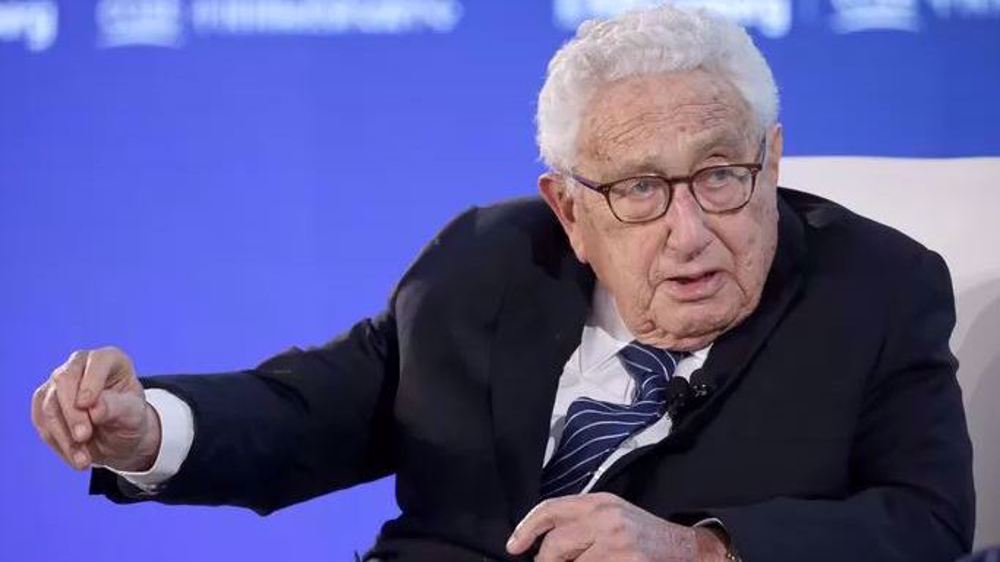
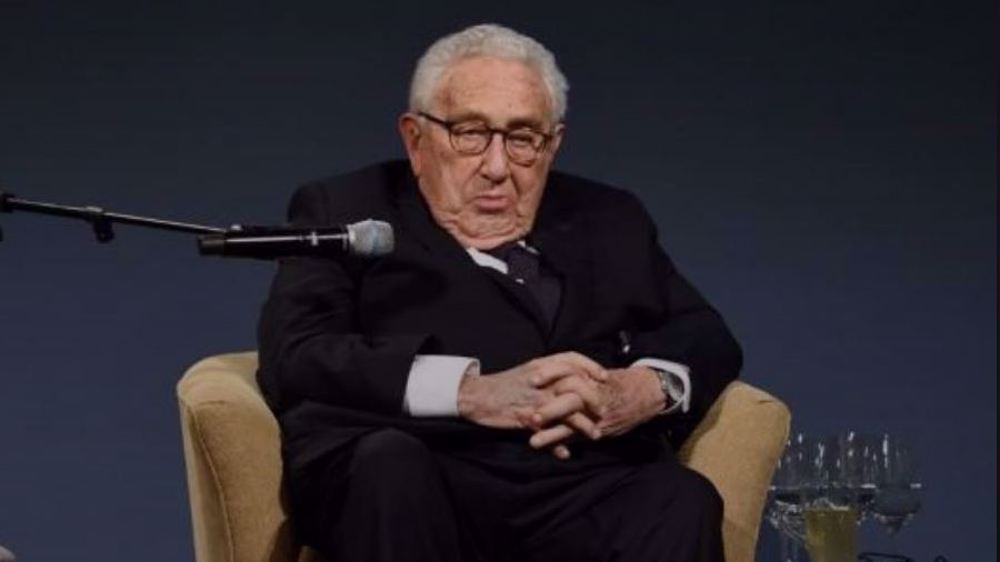
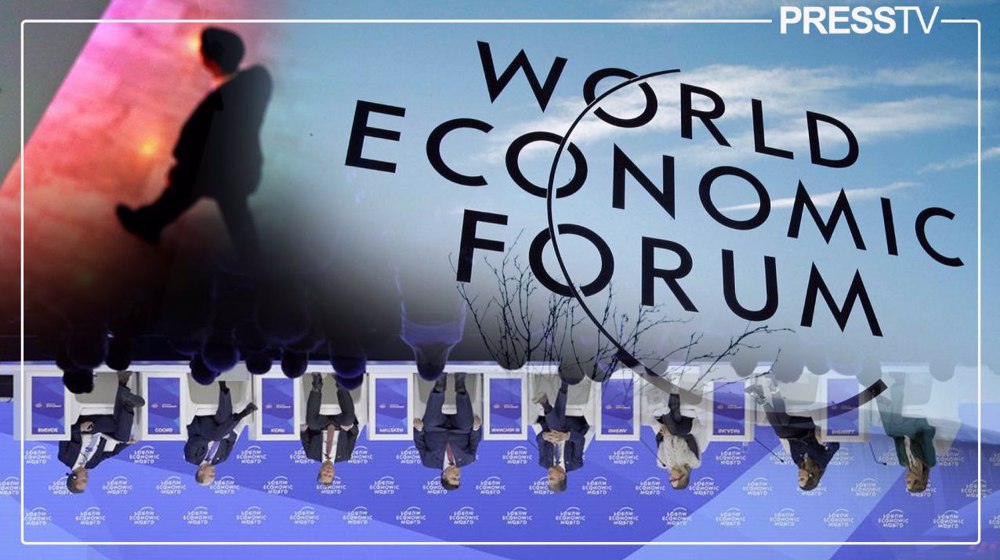

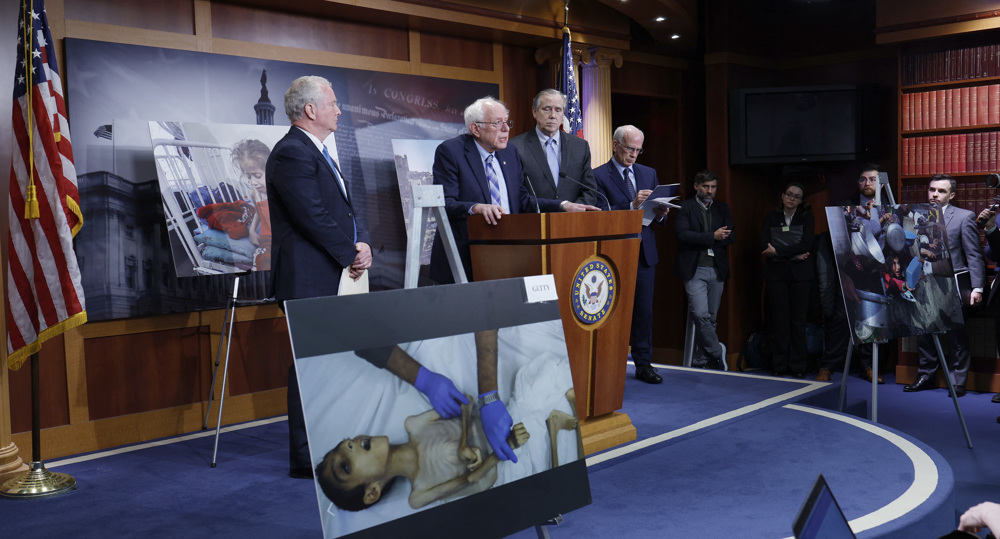




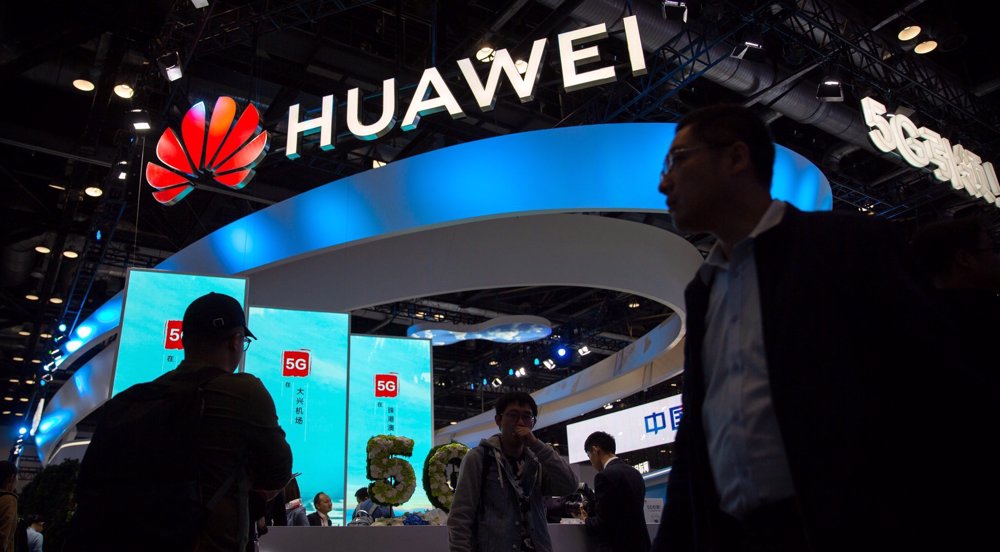

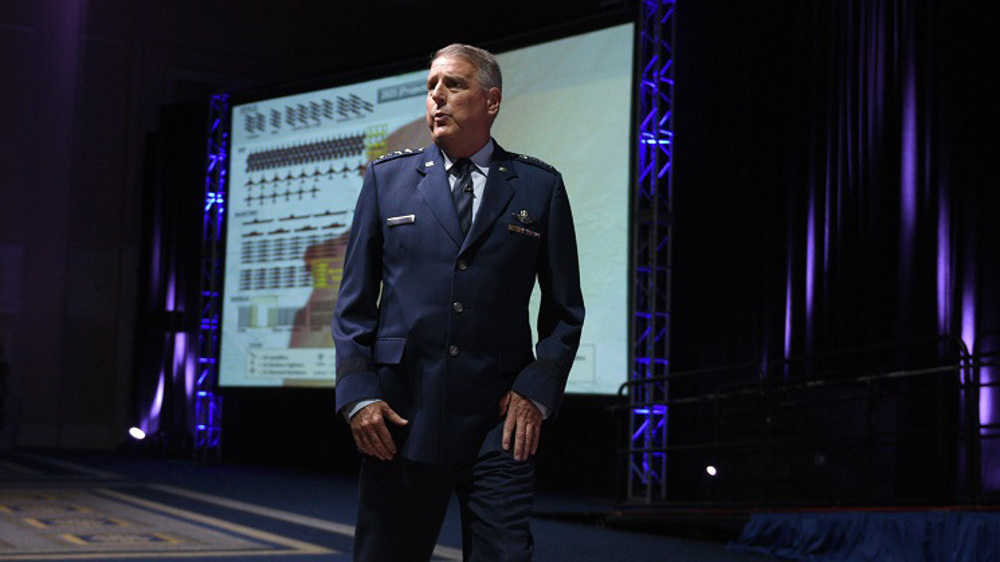

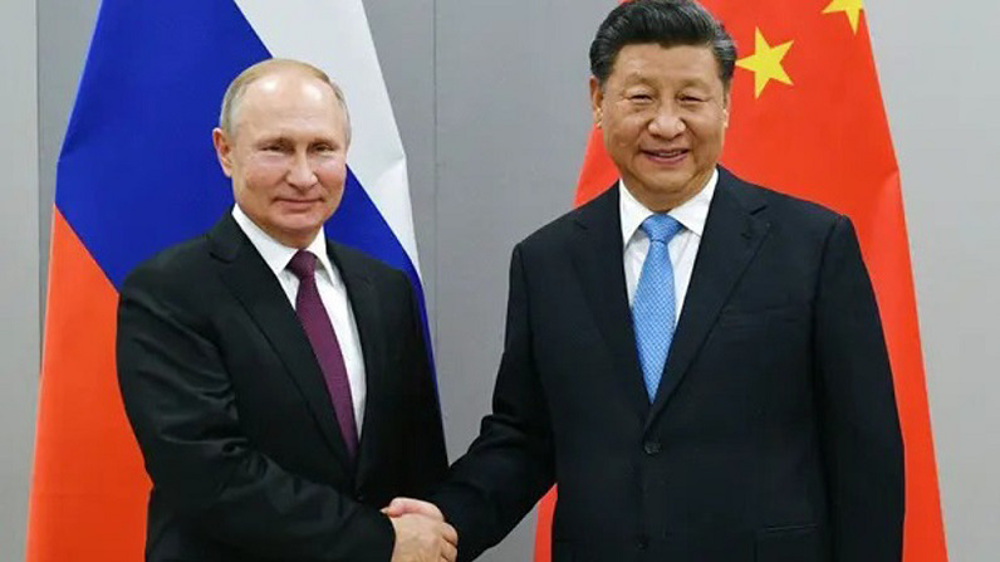
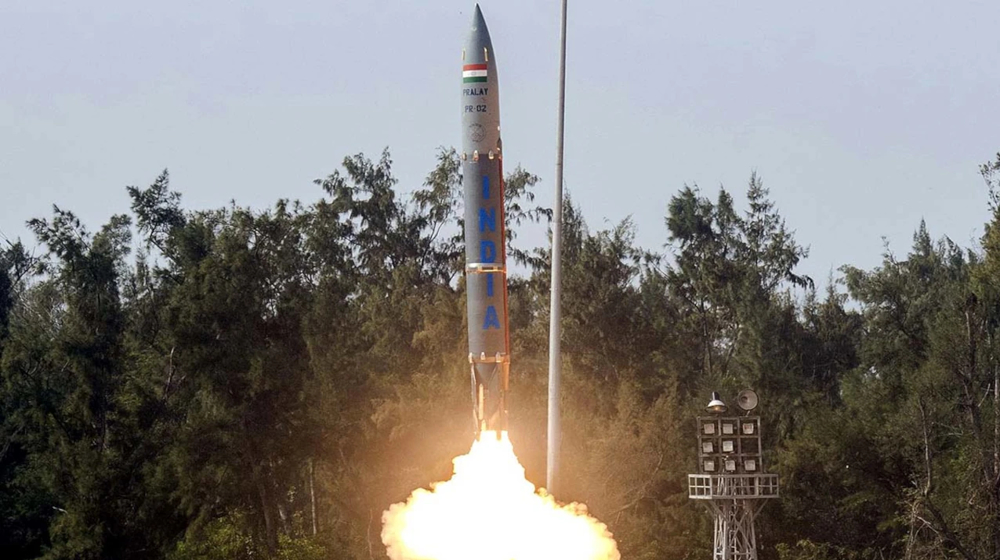

 This makes it easy to access the Press TV website
This makes it easy to access the Press TV website